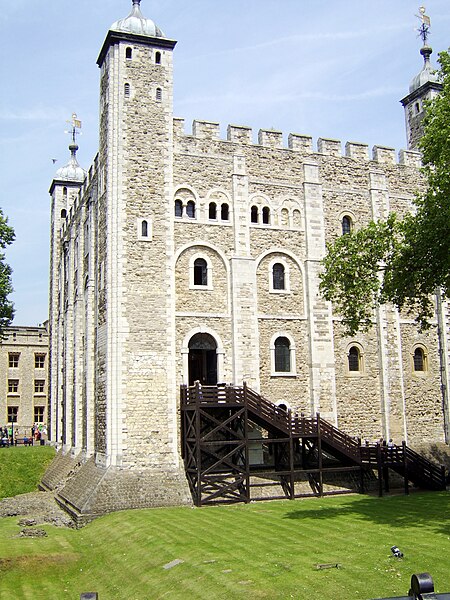I was completely MIA last week. We were out of town, then my kid developed a nasty stomach bug, and, well, I just dropped the ball. But now I’m back and kicking off a new weekly segment I’m calling “Medieval Monday.” I have all of this random knowledge of Medieval European history floating around in my brain, so I figure I might as well share it.
Today’s topic: Jail (dun dun DUN)
Perhaps next week I’ll talk about the medieval justice system in general (Spoiler alert: It sucked), but this week is all about the jail itself. That’s right, folks, we’re talking about dungeons or, if you’re in France, donjons. Quick show of hands: When you hear the term “medieval dungeon,” do you think of a dark, dank, underground stone prison? I know I did, but that’s not entirely accurate, at least not in the Middle Ages.
No, prisoners most often were kept, quite appropriately, in a “keep,” which was the main tower of a castle, well above ground level. The keep was heavily fortified in case of siege. One of the most recognizable keeps is the Tower of London’s White Tower:
The underground dungeons our minds like to conjure up didn’t come about until the later part of the Middle Ages. Although … confession time: My MS, which takes place right around the time of the Black Death (late 1340s), has an underground dungeon because the dungeon plays an important part in my story and because, well, an underground dungeon is creepier than a keep tower. Plus, my story needs to have a very specific type of cell, one that’s not found in a keep tower. I’m talking, of course, about the oubliette.
Trust me, you do not want to wind up at the bottom of an oubliette. Picture it: You’re dragged down a hallway, kicking and screaming, when you jailer (or “gaoler” as it was commonly spelled in the day) stops at a wooden hatch in the floor. He flings the hatch open and you are unceremoniously pitched down into a hole. You might as well pray that you break your neck because you speak French, so you understand that oubliette translates to “place of forgetting.” If you survive the drop, you find yourself in total darkness, at the bottom of a cell shaped somewhat like a wine bottle—skinny top, widening to a base that might or might not be large enough for you to lie down. You’re left to rot, to die of thirst and hunger, curled up into a fetal position because there isn’t enough room for your to stretch your legs out. You can’t see your hand in front of your face, but you still have your other senses, so you listen to the scurrying of rats, feel all sort of vermin trying to nibble at your feet, smell the lingering scent of bodily functions left by those who occupied the oubliette before you.
Pretty awful stuff. Let’s hear it for modern advances!








 Follow
Follow

4 Responses